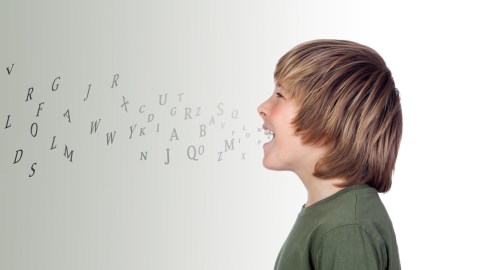The Value of Learning a Second Language

Learning a second language has fantastic benefits for kids. If you put aside the most obvious reason for learning a second language that allows you to communicate with a lot of people that you couldn’t communicate with before, it also really helps brain development.
Starting as early as one year of age, bilingual children show better ability to follow abstract rules, to reverse rules that they’ve learned already: “You were doing this, now do the opposite,” which is something that’s pretty hard for little kids. And they continue to show better self-control and better ability to be flexible according to circumstances all the way through into old age, assuming that they keep speaking both languages actively. You can lose these advantages if you start speaking a language and then you let it drop.
Especially in old age, people who have actively spoken more than one language their entire life have an onset of dementia, if they get dementia, about four years later than people who only know one language. So that alone is a significant advantage.
60 Second Reads is recorded in Big Think’s studio.
Image courtesy of Shutterstock.




